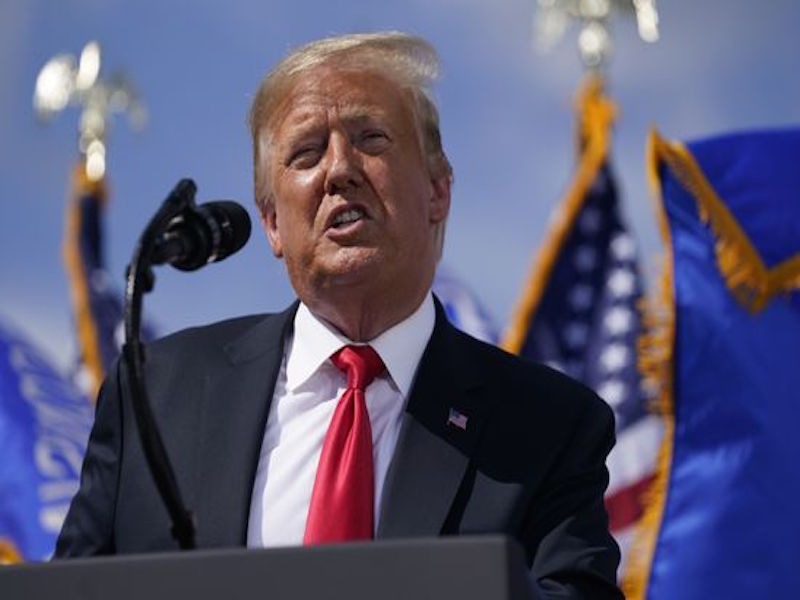An international energy intrigue is making waves as reports and social media claims suggest that the United States is allegedly purchasing liquefied natural gas (LNG) from Russia via India, only to resell it to Europe at inflated prices.
This eyebrow-raising revelation has sparked heated debates, with critics questioning the ethical and geopolitical implications of such a maneuver.
The Allegations
The controversy stems from unverified posts circulating on platforms like X (formerly Twitter) and LinkedIn.
United States is buying Russian gas from India and selling it to Europe at higher prices. pic.twitter.com/7s4R6SVPUa
— Globe Eye News (@GlobeEyeNews) December 16, 2024
These claims suggest a convoluted supply chain: Russian LNG is purportedly being routed through Indian intermediaries before landing in American hands and then being resold to European markets. If true, this arrangement would cast a shadow over the US’s public stance on Russian sanctions and energy independence.
One widely shared post speculates, “While publicly condemning Russian energy exports, the US might be quietly profiting from them. Europe pays the price—literally.”
Geopolitical Implications
Should these claims hold water, the implications could be massive. The United States has led the charge in imposing sanctions on Russian energy exports following the Ukraine invasion. Yet, indirectly benefiting from Russian LNG could undermine Washington’s credibility and raise uncomfortable questions about its energy policy.
Energy expert Dr. Michael Greene commented, “If confirmed, this would not just be a trade anomaly—it would be a geopolitical contradiction.”
India’s Role
India, often hailed as a neutral player in global conflicts, has maintained strong trade relations with both Russia and the West. If the allegations are accurate, Indian firms might be acting as middlemen, purchasing discounted Russian LNG and selling it onward. This could allow Russia to circumvent sanctions while enabling India to profit from the markup.
Indian energy officials, however, have dismissed the reports as baseless, stating that their LNG trade is “transparent and compliant with international laws.”
What Does Europe Think?
Europe’s reliance on energy imports has made it particularly vulnerable to price fluctuations. If European nations are unwittingly purchasing Russian gas repackaged as American LNG, it would expose them to criticism for indirectly funding Moscow’s war efforts. Analysts warn that such revelations could spark outrage among European taxpayers.
Unanswered Questions
While the reports have yet to be substantiated, the story highlights critical gaps in global energy trade transparency. Who monitors such transactions? Are sanctions effective if loopholes like this exist? These are questions likely to dominate the geopolitical discourse in the coming days.
As investigations into these claims continue, the alleged US-India-Russia energy triangle remains shrouded in uncertainty. Whether this is a case of clever trade strategy or a geopolitical scandal, one thing is clear: the global energy market is far more complex—and controversial—than it seems.







